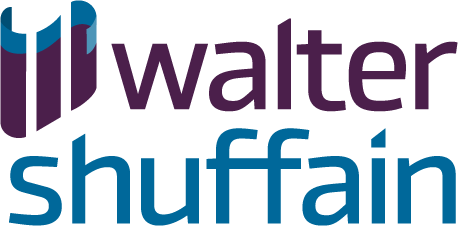Author: Jonathan Hitter
Rent your office? Leasing your copier or network services? If so, you’ve signed a lease agreement with a lessor and your financial statements will be affected by the new lease accounting standards approved by the Financial Accounting Standards Board (FASB). Luckily, there’s still time to prepare before these changes take effect for public (January 2019) and private companies (January 2020).
What’s the biggest change? Prior to the new standard, operating leases were disclosed in footnotes of your financial statements. Now, the lessee will be required to disclose them on the balance statement- which also means a lot more time and resources analyzing contracts and pulling the required information.
A change like this can seem overwhelming. Start by taking inventory of all your contracts that contain leases. As a rule of thumb, any contract where you control the right to use an asset qualifies. Information to look for includes:
- Lease and non-lease components
- Terms and classification
- Variable and fixed lease payments
- Options to extend or terminate
Moving forward, a lease with a term over 12 months will now be required to be recorded on the lessee’s balance sheet. A right-of-use asset, corresponding lease liability and initial and subsequent lease payments will be included. Calculating the lease payments can be quite involved and may include:
- Lease payments
- Discount rates
- Initial direct costs
- Present value calculation (required)
What are the next steps in preparing for the new standard? If you haven’t by now, talk to your accountant. Transitioning to the new reporting standards will be a change regardless of how many lease agreements you have. Optimal timing of the transition, an implementation plan and tracking are key factors in ensuring you’re ready when the new standards take place.
Meeting with your banker may also be helpful as the new standards may have implications on your covenant calculations which you’ll want to discuss prior to implementation.
Instead of the large changes to financial statements the lessee will be experiencing, the lessor may find changes to their lease agreements beneficial in attracting and retaining customers.
Whether a lessee or a lessor, give us a call to walk through the new standards and to help you put a plan in place!
